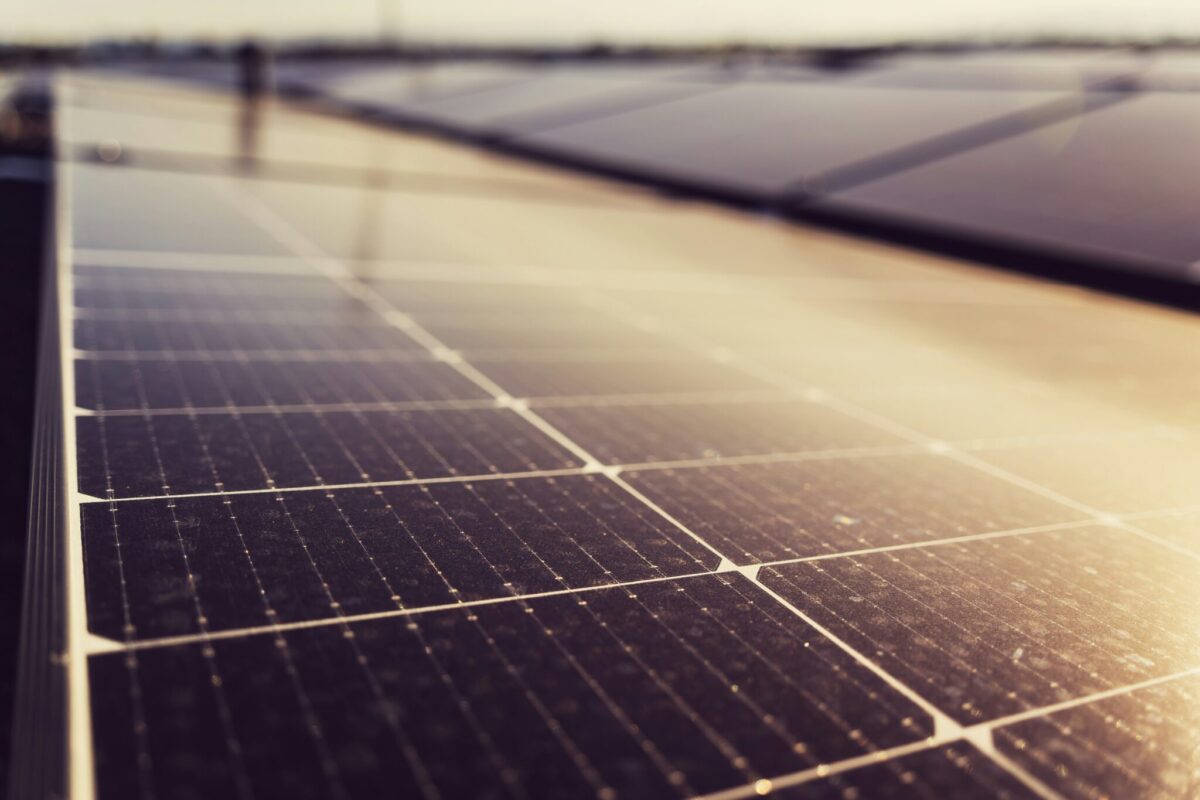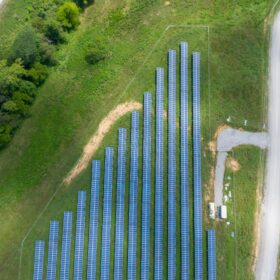Today Mercom Capital released its Q2 Funding and M & A report for the smart grid, battery storage and energy efficiency sectors, which found a doubling of investments in both the battery storage and smart grid sectors versus the previous quarter.
During the second quarter private investors pumped $125 million into battery storage companies in 10 deals. While this is more than double the $54 million invested during Q1, it can also be seen as a return to normal levels after a very difficult first quarter.
Unsurprisingly, lithium ion battery companies received the largest single chunk of Q2 funding, with $51 million in three deals. The bulk of this was the $43 million raised by silicon anode lithium-ion battery company Nexeon from a syndicate of five investors including Germany chemical and polysilicon maker Wacker Chemie.
However, “saltwater” battery maker Aquion Energy also raised $33 million from an undisclosed investor, and energy storage software provider Stem raised $15 million in its C round.
Battery and storage companies also secured $65 million in debt and public markets financing during the second quarter of 2016, compared to $28 million in the previous quarter.
Finally, there were four mergers and acquisitions, the largest being Total’s $1.1 billion acquisition of Saft, strengthening the oil and gas company’s presence the clean energy sector. Another notable acquisition was ENGIE purchasing an 80% stake in Green Charge Networks for an undisclosed amount.
The enthusiasm over battery storage could be seen at this year’s Intersolar North America trade show, with a 41% increase in storage-related companies in the EES North America portion of the show.
Mercom Capital CEO Raj Prabhu says that as time goes on he expects to see investments move from battery makers to integrators and installation companies, similar to what has happened in solar investment, as well as for investment levels to rise overall. “We are still waiting for that spike,” Prabhu told pv magazine.
The smart grid sector also had a very strong quarter, raising $222 million in VC funding in 15 deals, more than double the previous quarter’s $110 million and Q2 2015’s $104 million. Nearly half of this was the $100 million billionaire investor Peter Theil and Solamere Capital poured into Vivint Smart Home, while Charge Point raised $50 million from eight investors in its Series F round.
Raj Prabhu notes that overall funding levels were strongly impacted by the size of the Vivint Smart Home investment. “We haven’t had such big deals in the past three or four quarters,” he explains.
The success of these two sectors is in sharp contrast to solar, which had its worst quarter in three years on the back of depressed investor confidence in the wake of the SunEdison bankruptcy.
This content is protected by copyright and may not be reused. If you want to cooperate with us and would like to reuse some of our content, please contact: editors@pv-magazine.com.









By submitting this form you agree to pv magazine using your data for the purposes of publishing your comment.
Your personal data will only be disclosed or otherwise transmitted to third parties for the purposes of spam filtering or if this is necessary for technical maintenance of the website. Any other transfer to third parties will not take place unless this is justified on the basis of applicable data protection regulations or if pv magazine is legally obliged to do so.
You may revoke this consent at any time with effect for the future, in which case your personal data will be deleted immediately. Otherwise, your data will be deleted if pv magazine has processed your request or the purpose of data storage is fulfilled.
Further information on data privacy can be found in our Data Protection Policy.